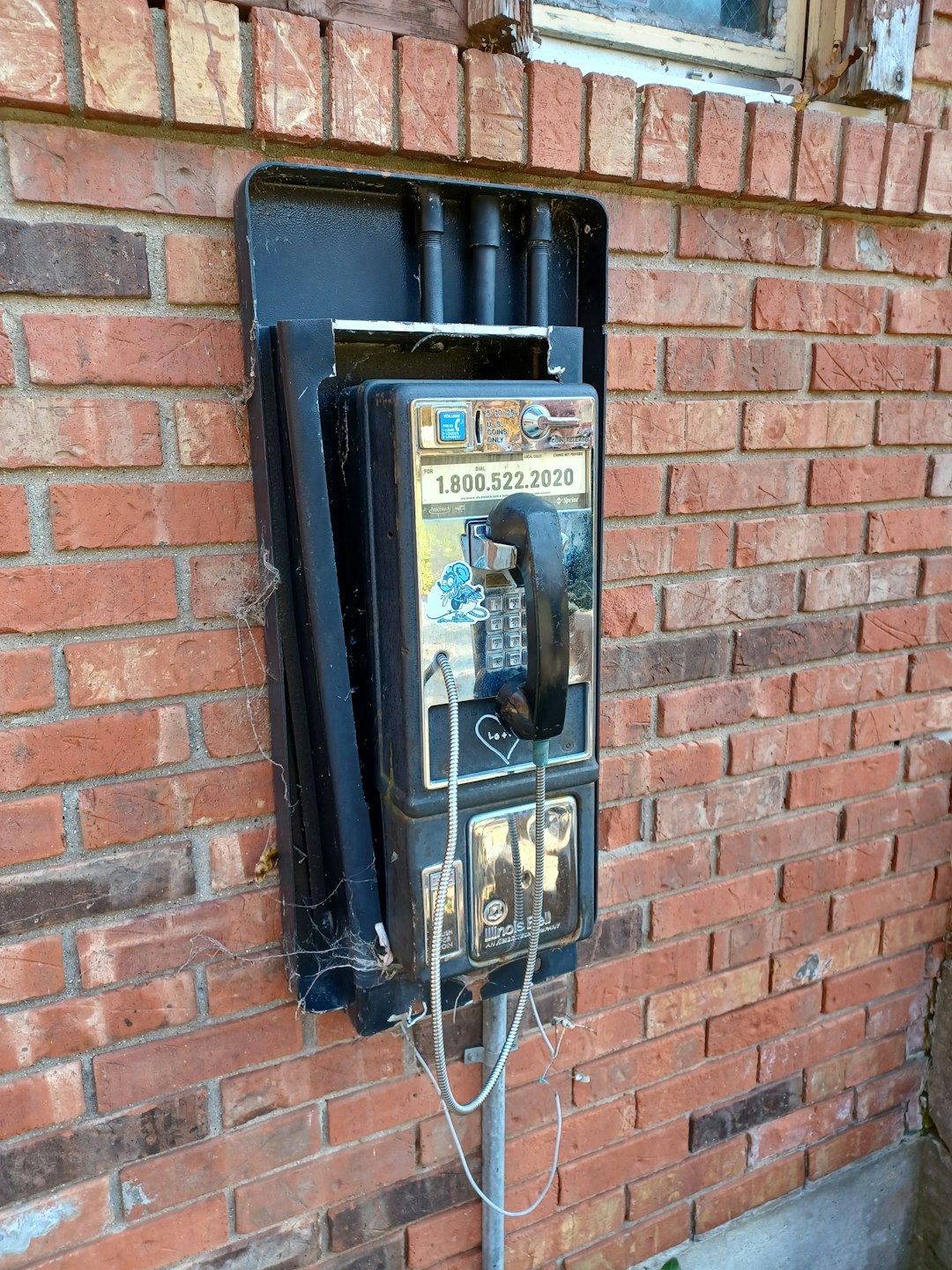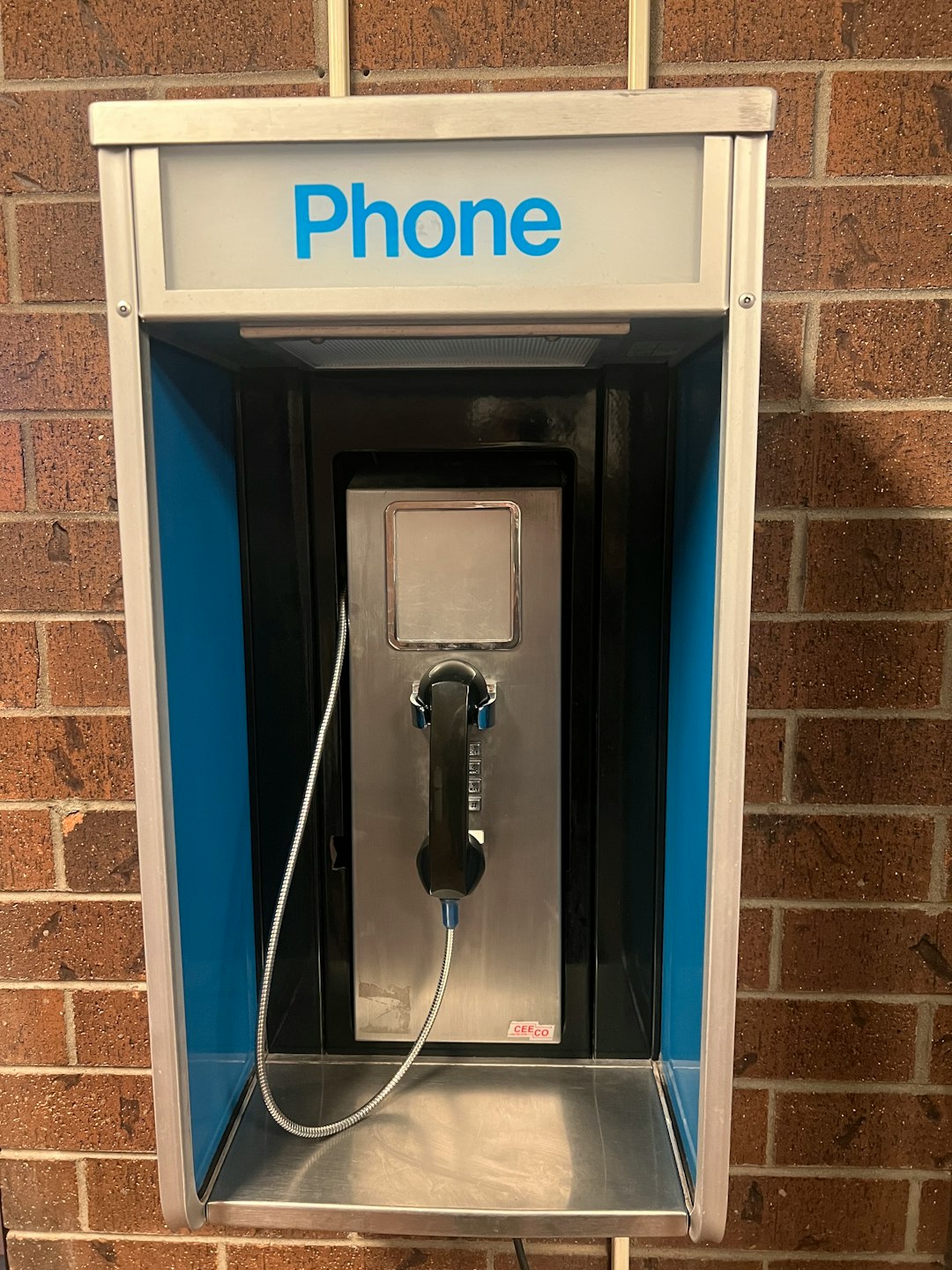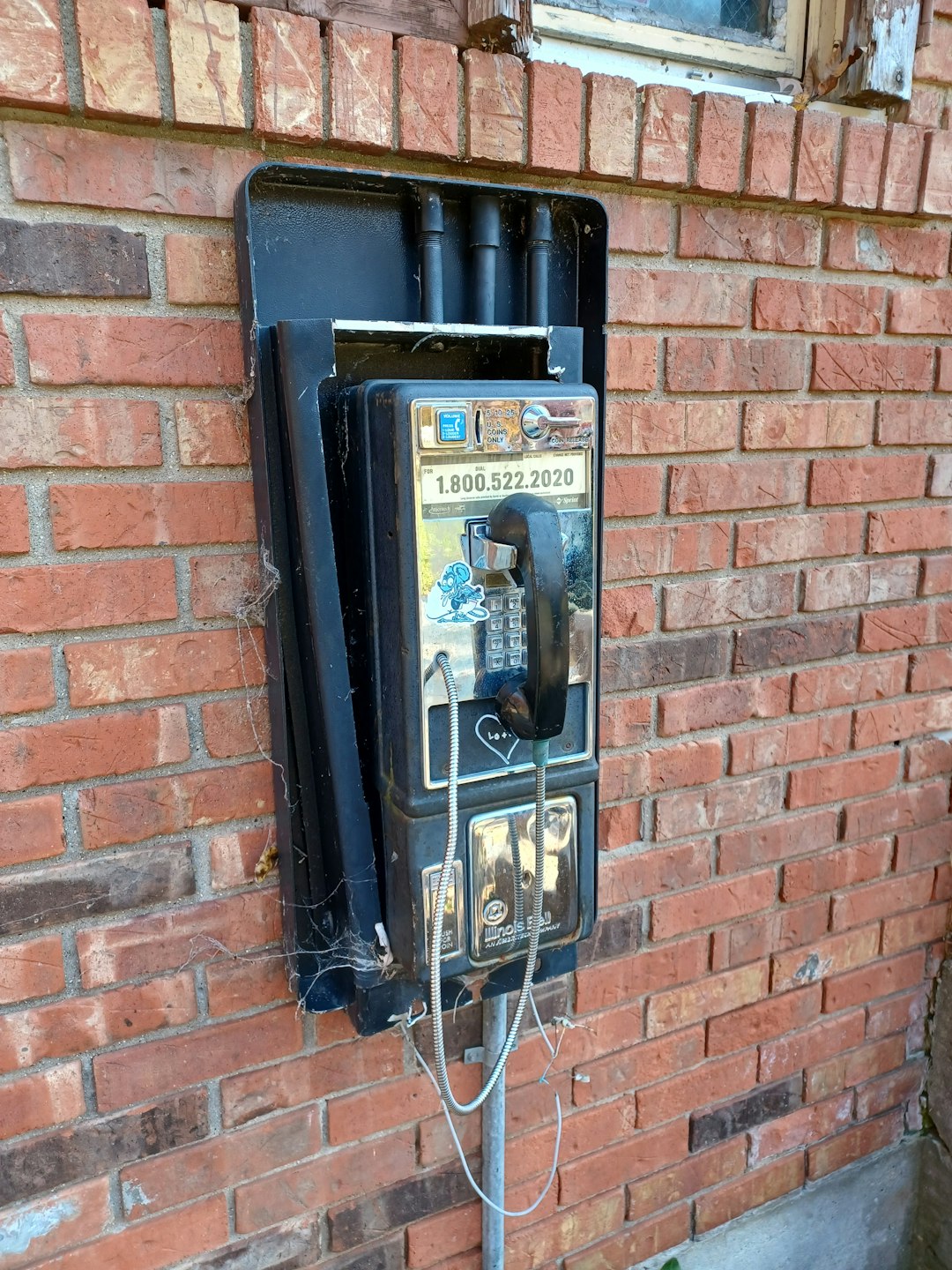Connecticut residents are protected from spam text messages and illegal robocalls by state laws. They can register on the Do Not Call list, consult with a specialized robocall lawyer in Connecticut or spam call attorney, and report persistent offenders to the Department of Consumer Protection. Strict robocall laws in Connecticut ban automated calls without prior consent, and legal action is advised for unwanted texts. Promptly document, complain, and seek counsel from robocall lawyers Connecticut specializing in spam call laws to safeguard against infractions.
In today’s digital age, Connecticut residents face a surge in spam text messages and robocalls, infringing on their privacy and causing distress. Understanding the legal framework behind these intrusive practices is crucial. This comprehensive guide delves into Connecticut’s strict Do Not Call laws, your rights as a resident, and how to navigate filing complaints against persistent robocallers and spam call law firms. Should you require legal assistance, consider reaching out to a dedicated robocall lawyer in Connecticut for expert guidance.
Understanding Spam Text and Robocalls in Connecticut

In today’s digital era, Connecticut residents like many others across the nation are facing an increasing number of spam text messages and robocalls. These unwanted communication methods, often originating from automated systems, can be frustrating and even harmful, leading to concerns over privacy and safety. Robocalls, in particular, have become a prevalent issue, with laws in place to protect consumers from excessive or deceptive calls. Connecticut has specific regulations regarding robocall practices, including restrictions on when and how businesses can contact residents.
Spam text messages and robocalls are more than just an annoyance; they can be a violation of state laws, especially when they involve aggressive marketing tactics or persistent unwanted contact. A robocall lawyer Connecticut or spam call law firm Connecticut can provide guidance on navigating these issues. These legal professionals specialize in consumer protection and can offer assistance to individuals who have been victims of fraudulent or harassing robocalls or spam texts. Understanding the robocall laws Connecticut and do not call law firms Connecticut is crucial for residents to protect their rights and take necessary actions, such as blocking numbers or seeking legal counsel, against persistent violators.
Legal Framework: Connecticut's Do Not Call Laws and Regulations

In Connecticut, the prevention and regulation of spam text messages and robocalls are governed by a robust legal framework. The state’s Do Not Call laws, enforced by the Connecticut Department of Consumer Protection, offer individuals significant protection against unwanted telephone solicitations and automated calls. These regulations extend to both phone and text messaging, with strict penalties for non-compliance.
Connecticut residents can register their numbers on the state’s Do Not Call list, effectively blocking most commercial robocalls and unsolicited texts. Furthermore, employing a robocall lawyer or spam call attorney in Connecticut can provide specialized legal assistance to individuals dealing with persistent or illegal robocalls and spam text messages. Such legal experts are well-versed in navigating the state’s robocall laws and do not call law firms, ensuring that residents’ rights are respected and protected under Connecticut’s stringent consumer protection legislation.
Your Rights and Options as a Connecticut Resident

As a resident of Connecticut, you have specific rights and options when it comes to dealing with robocalls and spam text messages. According to the Connecticut Spam Call Law, businesses are prohibited from making automated or prerecorded telephone calls to Connecticut residents unless they have prior express consent. This law also restricts the use of certain tactics, such as using a recorded message to deliver a sales pitch or attempting to sell products or services through automated means without your explicit permission.
If you’re facing a relentless barrage of robocalls or unwanted text messages, you have legal recourse. Consider consulting with a robocall lawyer or attorney in Connecticut who specializes in spam call laws. They can help protect your rights and take appropriate action against the offenders, whether through legal counsel or by referring you to a reputable do-not-call law firm. Don’t hesitate to reach out for assistance; many law firms offer free consultations to discuss your options under Connecticut’s consumer protection laws.
How to File a Complaint and Choose the Right Lawyer

If you’ve been subjected to spam text messages or annoying robocalls in Connecticut, it’s important to take action. The first step is to document the calls or texts and gather any evidence, such as screenshots or call logs. Next, file a complaint with the Connecticut Department of Consumer Protection (DCP), which has authority over Do Not Call laws and can investigate these violations. They provide an easy online reporting system for your convenience.
When seeking legal aid, consider consulting a robocall lawyer in Connecticut who specializes in spam call laws and has experience handling similar cases. Look for a law firm that focuses on consumer rights and has expertise in navigating the state’s regulations. A qualified attorney can guide you through the process, help with filing a lawsuit if necessary, and ensure you receive compensation or relief for the harassment. Remember, timely action is crucial, so don’t delay in seeking legal assistance to protect your rights.






